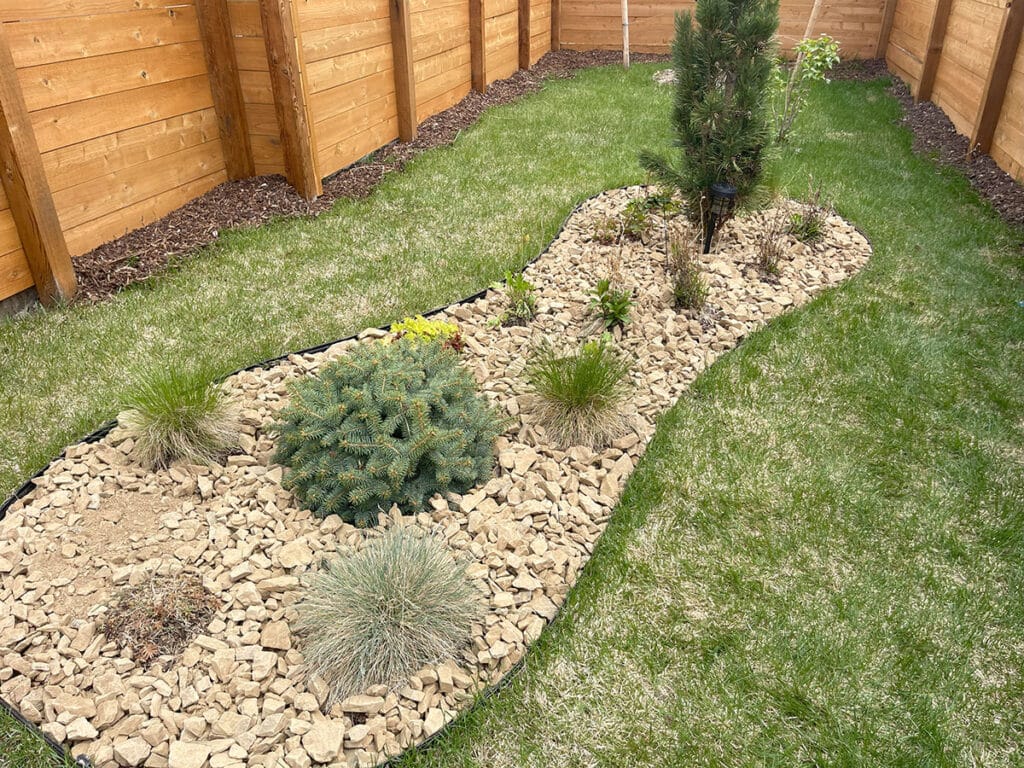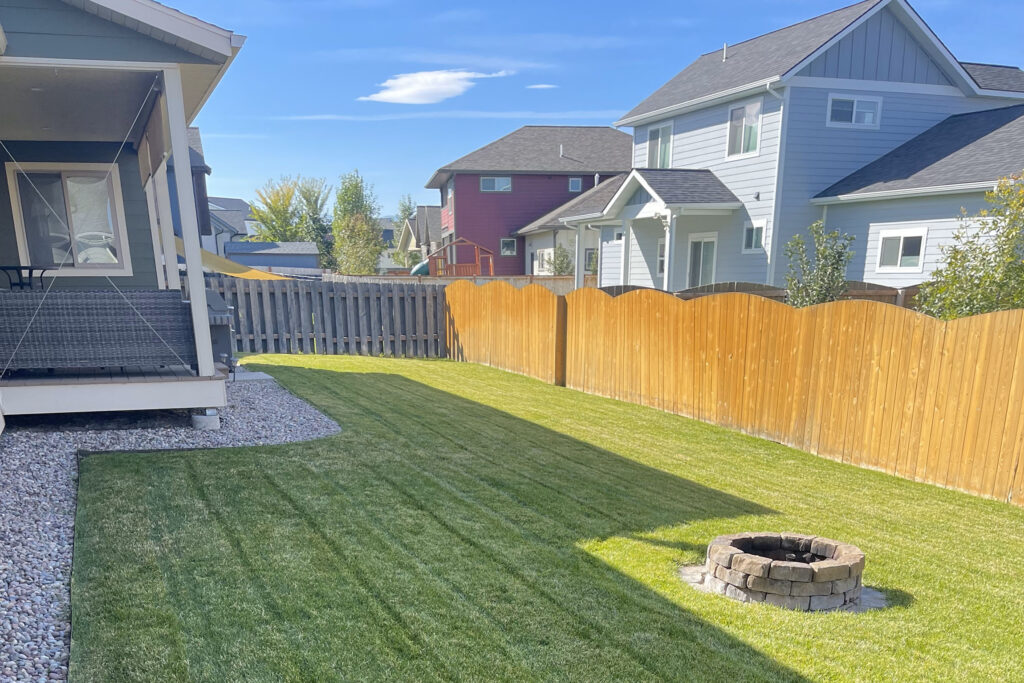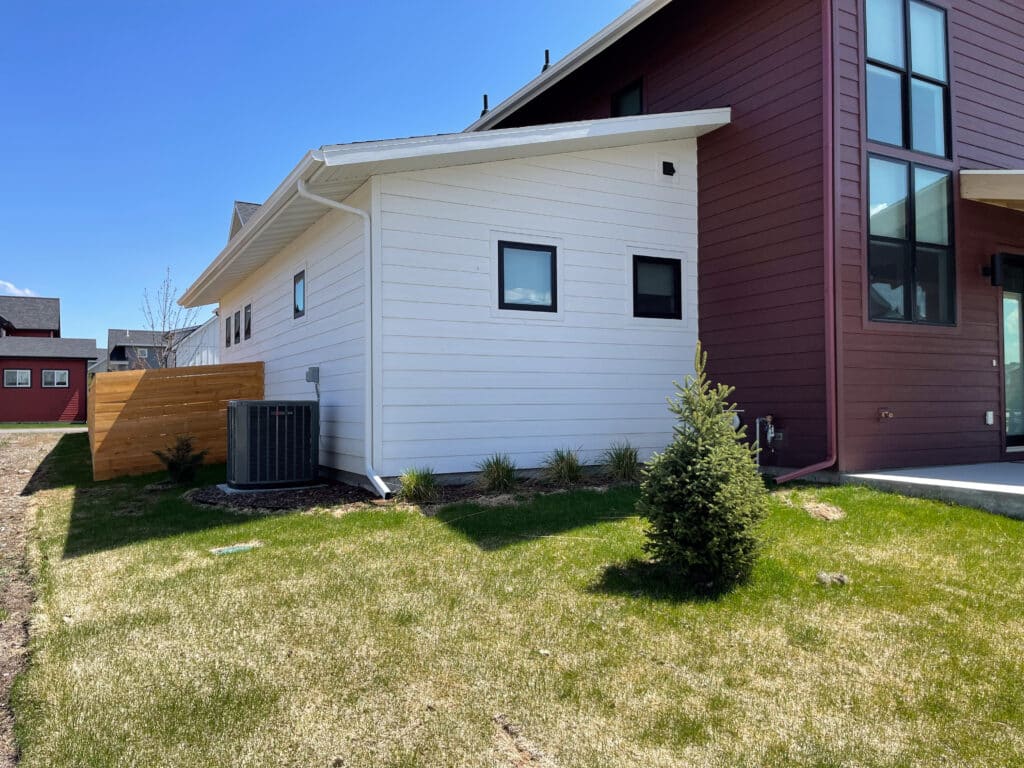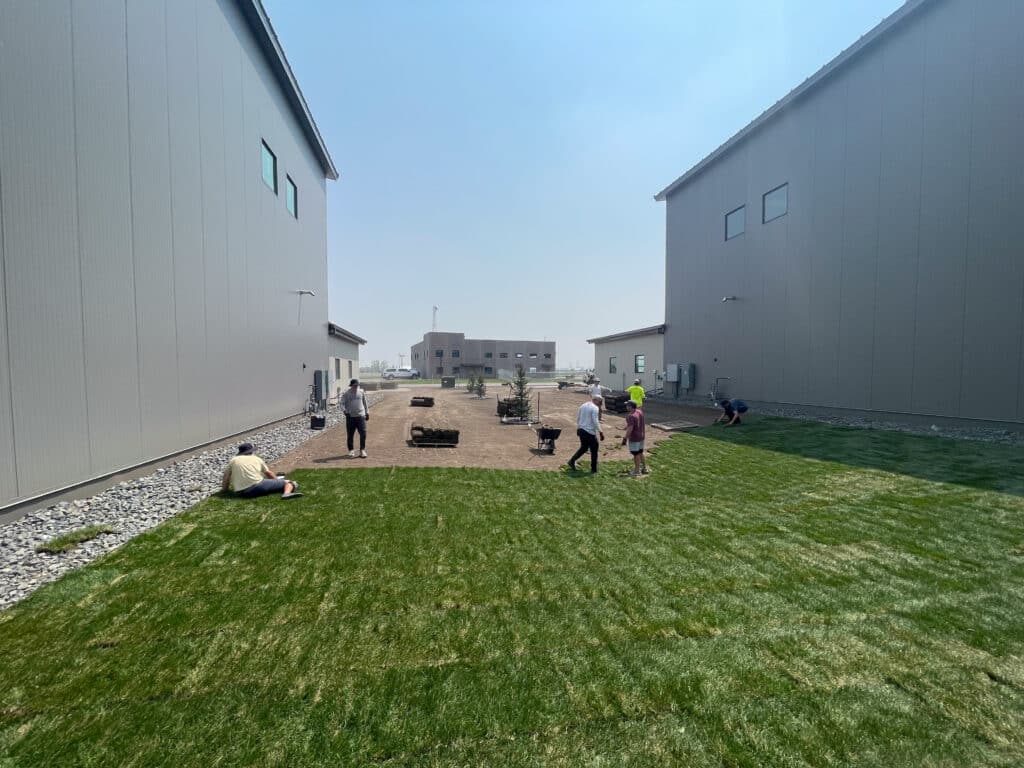Use vertical gardening, container plants, and strategic plant placement to maximize greenery in small yard spaces.
Designing a softscape for small yards requires thoughtful planning to maximize space, create visual interest, and provide a sense of greenery. Here are some ideas for softscaping small yards:
Ideas
1. Vertical Gardens
Utilize vertical space with hanging planters, wall-mounted shelves, or trellises for climbing plants.
Vertical gardens help add greenery without taking up valuable floor space.
2. Container Gardening
Use containers and pots for planting a variety of flowers, herbs, or small shrubs.
Group containers strategically to create focal points and add mobility to the garden.

3. Tiered Planters
Incorporate tiered planters or shelves to create different levels for plants.
This adds depth and allows for a variety of plants to be displayed.
4. Compact Trees
Choose small, dwarf, or columnar trees that won’t overwhelm the space.
Trees with a compact growth habit provide shade and vertical interest without taking up too much room.
5. Living Walls
Install living walls or green screens to cover vertical surfaces.
These vertical gardens add a lush backdrop and contribute to a sense of privacy.
6. Hedge Borders
Plant low-maintenance, compact hedges along borders to define the edges of the yard.
Hedges can create a neat and structured appearance.
7. Groundcovers
Use groundcovers to fill open spaces, suppress weeds, and add a carpet of greenery.
Low-growing plants like creeping thyme or moss are excellent choices.
8. Compact Shrubs
Opt for small and compact shrubs that fit well in limited spaces.
Dwarf varieties of popular shrubs can provide structure without overwhelming the yard.
9. Potted Vertical Gardens
Combine vertical gardening with potted plants for a compact yet vibrant display.
Hang or mount potted plants on walls or fences to create a living art installation.
10. Edible Gardens
Create a small vegetable or herb garden in raised beds or containers.
Edible gardens add functionality and can be visually appealing.
11. Focal Point Plants
Select one or two statement plants that serve as focal points.
A well-placed small tree or unique specimen plant can draw attention and create interest.
12. Stepping Stone Paths
Install stepping stone paths to create pathways through the garden.
The paths add structure and allow easy navigation without dominating the space.
13. Reflective Surfaces
Use mirrors strategically to create the illusion of space and reflect greenery.
Mirrors can visually expand the small yard and add depth.
14. Corner Gardens
Focus on creating lush corner gardens to maximize planting opportunities.
Planting in corners helps create pockets of greenery without obstructing flow.
15. Permeable Pavers
Choose permeable pavers for walkways to allow water to penetrate the soil.
This helps maintain healthy soil for plants while serving a functional purpose.
16. Heb Spiral
Build a small herb spiral for growing a variety of herbs in a compact space.
Herb spirals add visual interest and provide fresh herbs for cooking.
17. Colorful Containers
Use colorful and varied containers to add a pop of color to the yard.
Brightly colored pots can create a lively and cheerful atmosphere.
18. Seasonal Plants
Rotate seasonal plants to keep the garden dynamic and ever-changing.
Seasonal flowers or foliage can bring different colors and textures throughout the year.
19. Bonsai or Miniature Plants
Consider bonsai or miniature plant varieties that are well-suited for small spaces.
These plants can be displayed on tabletops or small surfaces.
20. Water Features
Integrate small water features like fountains or birdbaths to add tranquility.
Compact water features enhance the ambiance without taking up much space.
Final Thoughts
Remember to prioritize functionality, balance, and a sense of openness when designing softscapes for small yards. Thoughtful plant selection, creative arrangements, and attention to vertical space can transform a small yard into a lush and inviting garden retreat.



